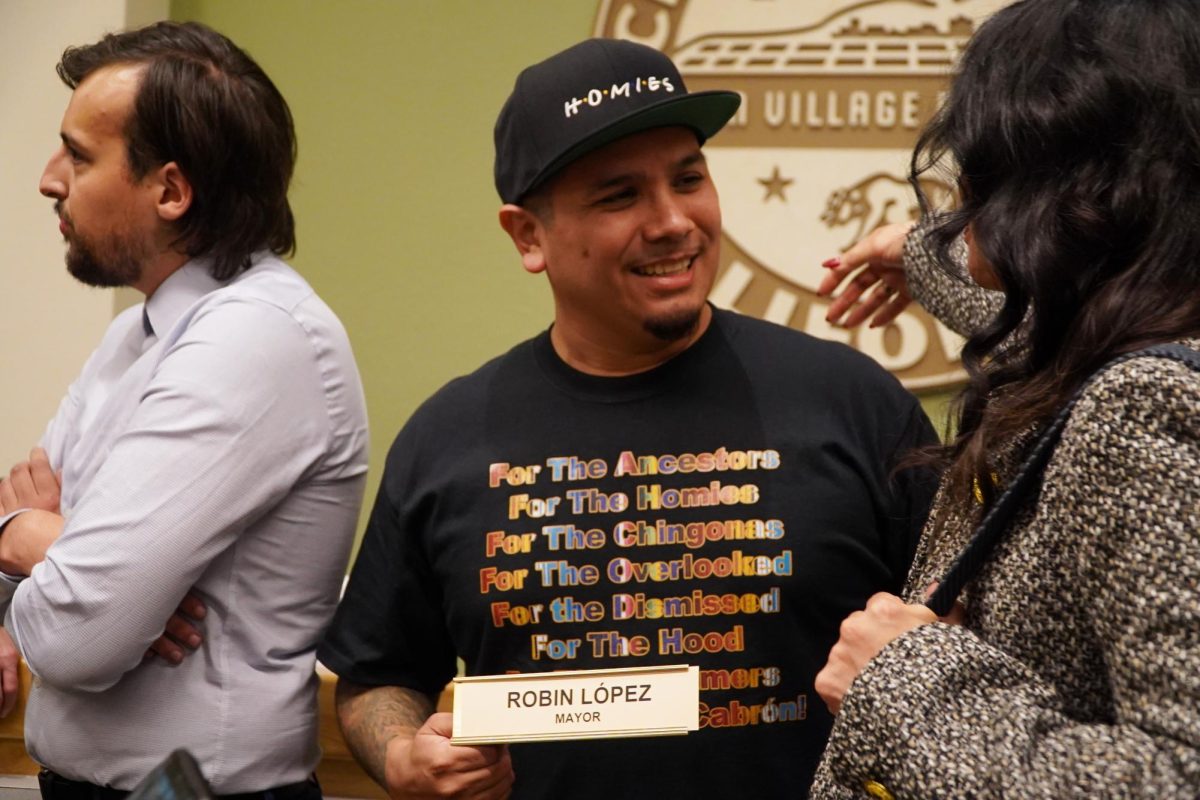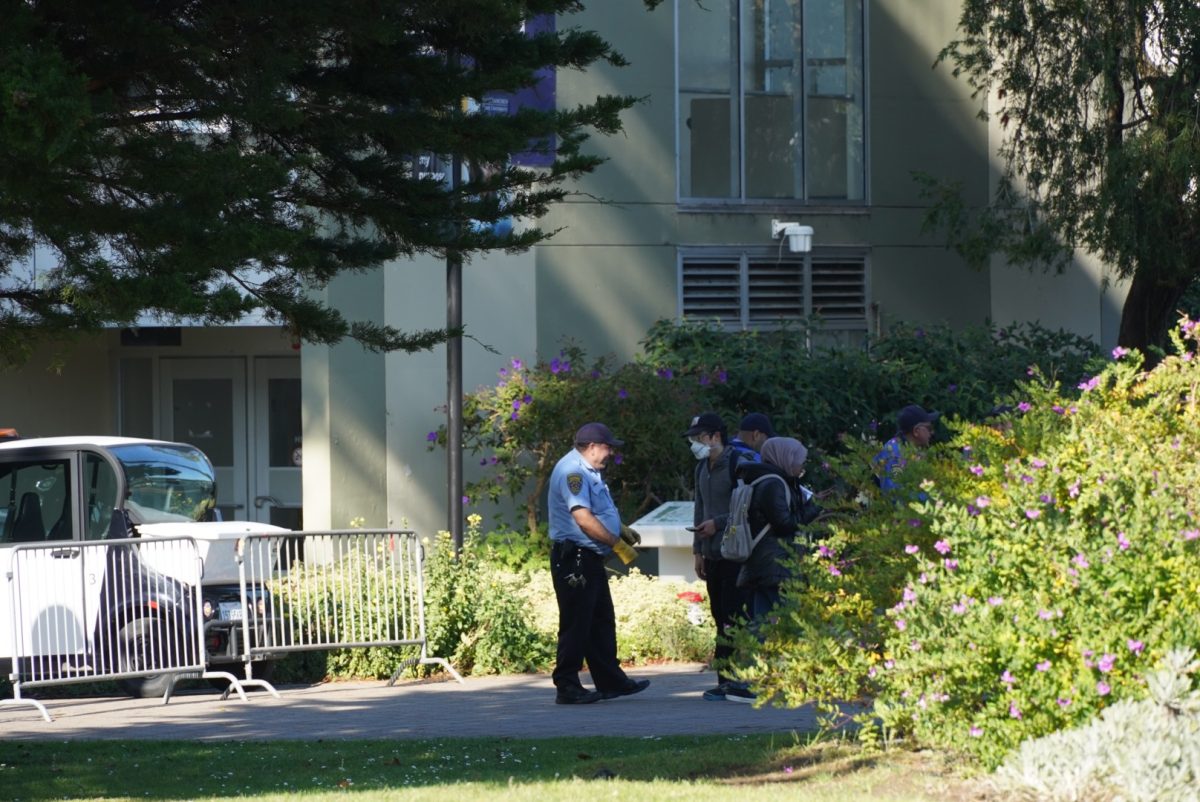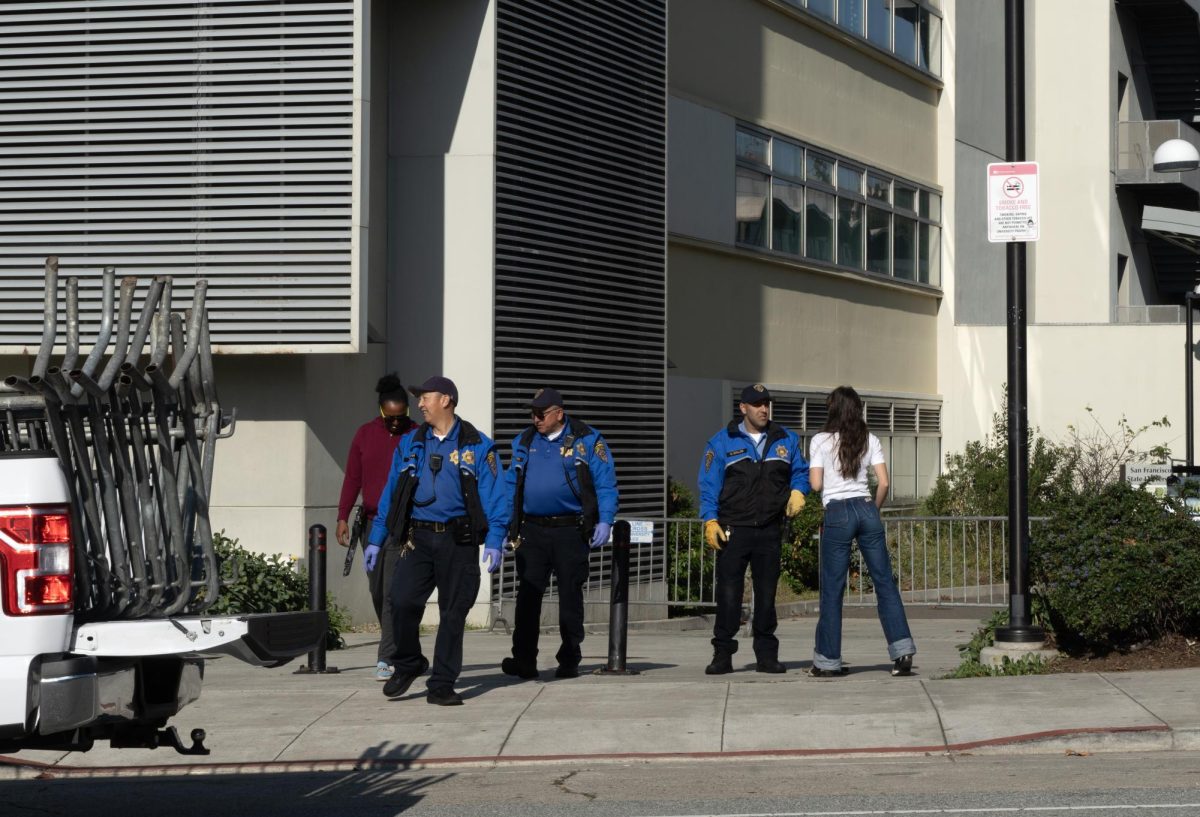Gov. Gavin Newsom mandated that all University of California and California State University campuses provide medical abortion pills to students by 2023.
The law will provide students on-campus medical abortions through two pills that would terminate pregnancies within their first 10 weeks. Students undergoing medical abortions on-campus will not have to pay out-of-pocket, according to Roger Elrod, SF State’s Student Health Services Director.
Many universities already provide emergency contraceptives like Plan-B, which can prevent pregnancy when taken in the hours following unprotected sex. However, emergency contraceptives do not terminate pregnancies that are already underway.
Between 322 and 519 UC and CSU students obtain medical abortions every month, according to a study by the UCSF reserach group Advancing New Standards In Reproductive Health (ANSIRH).
“By ensuring that abortion care is available on campus, college students will not have to choose between delaying important medical care or needing to travel long distances or even missing classes or work,” said Sen. Connie Leyva, D-Chino, who introduced SB 24.
The California Commission on the Status of Women and Girls will administer a reproductive health fund subsidized by private funds. Several hundred thousand dollars would go to each public university’s on-campus health center to implement the law, which also provides 24-hour backup medical support by telephone to patients obtaining abortions.
Leyva introduced the bill after former Gov. Jerry Brown vetoed a similar bill, SB 320, last year. Both bills spawned from a movement in 2015 made up of UC Berkeley students pushing for campus-wide access to medical abortions.
Students United for Reproductive Justice at UC Berkeley (SURJ), the main group behind this movement, eventually contacted Leyva, who wrote a bill to expand that goal to more public universities in California.
But Gov. Jerry Brown vetoed SB 320 after It passed through both houses the previous September.
“It was quite hard for all of us. We had done what we had thought was everything right,” SURJ member Noël Jones said. Jones said the veto felt like a slap.
Leyva introduced SB 24 nine weeks after its predecessor was vetoed. The bill was nearly identical to its predecessor, aside from minor changes such as the year of implementation, changed from 2022 to 2023.
More than two-thirds of both the Assembly and the Senate voted for the bill — enough to override a governor’s veto.
“This bill will set a new standard we can all be proud of and eliminate barriers students currently face to obtaining an abortion off campus,” said Phyllida Burlingame, the ACLU of California’s Reproductive Justice & Gender Equity Director.











